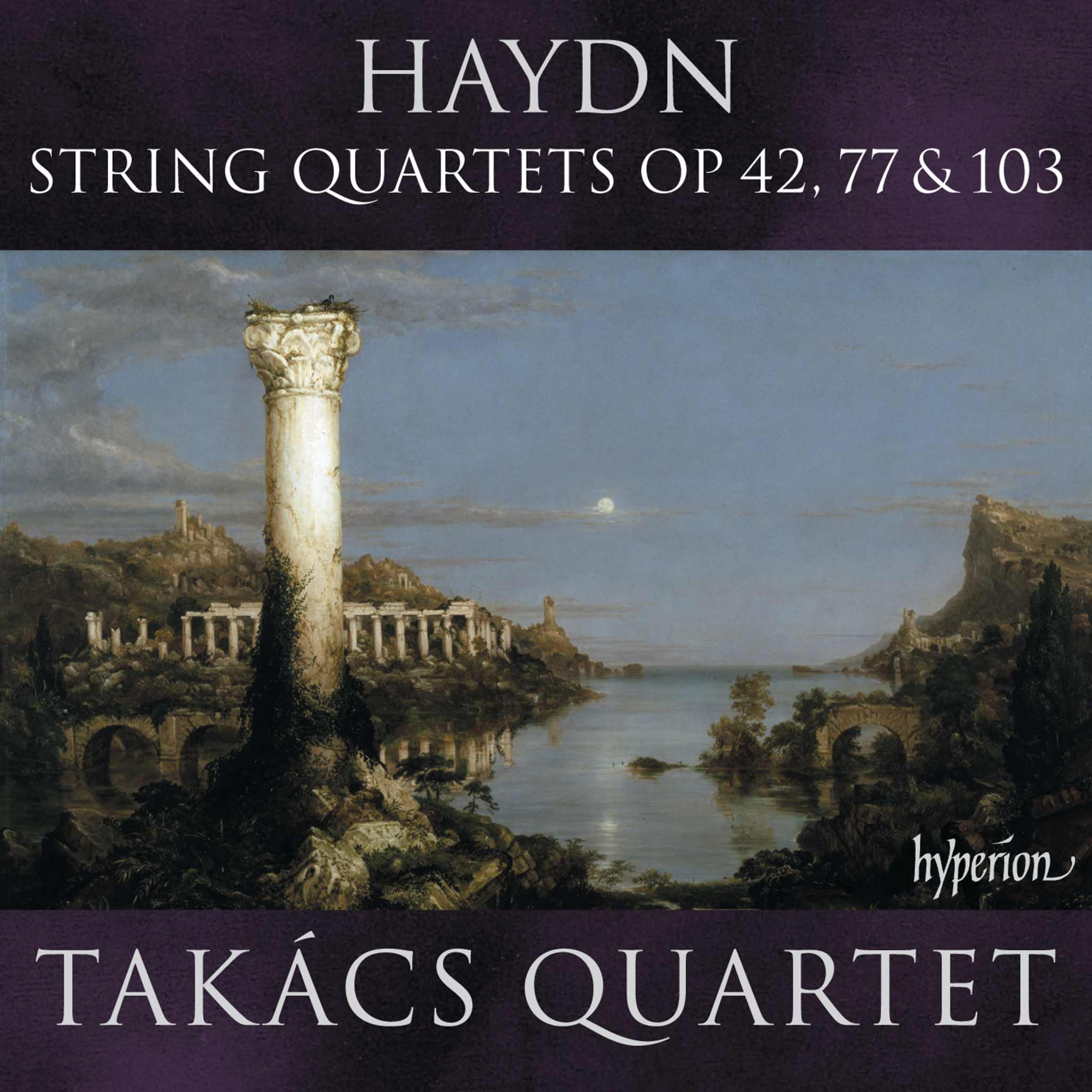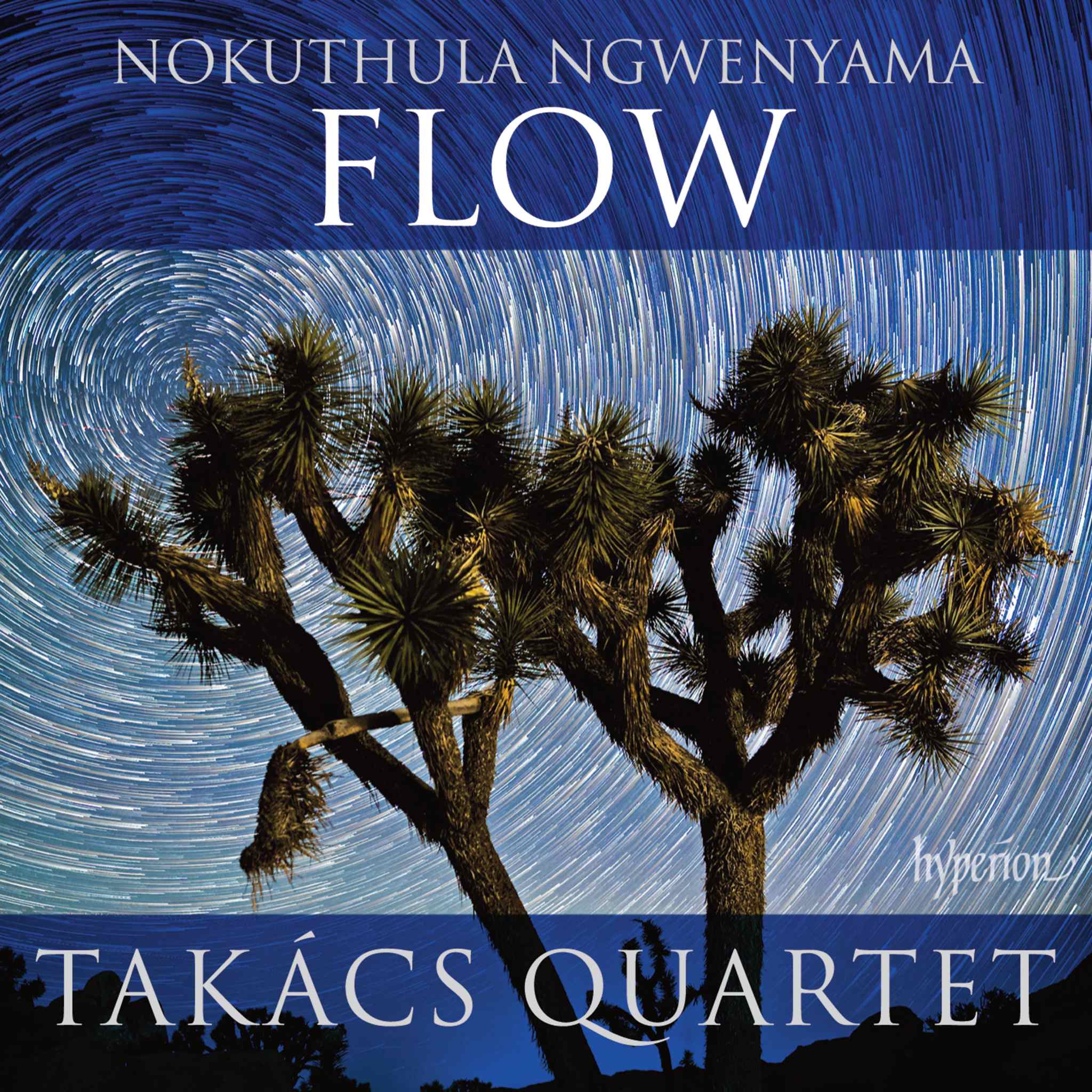Album insights
Alfred Francis Hill, born in 1869 into a musical family in Melbourne and later relocating to Wellington, New Zealand, displayed his musical talents early on. He pursued studies in composition and violin in Leipzig from 1887 to 1891, earning the prestigious Helbig Prize. His time in the Gewandhaus Orchestra exposed him to notable musicians like Brahms, Tschaikowsky, and Grieg, shaping his understanding of European music profoundly.
In New Zealand, Hill contributed as a teacher, performer, conductor, and composer before settling in Sydney in 1911. His legacy includes mentoring young composers at the Conservatorium and receiving recognition as Officer of the Order of the British Empire (OBE) and a member of the Order of St Michael and St George (CMG). Hill's vast musical output ranged from symphonies and concertos to folk music adaptations, earning him acclaim as a significant figure in Australasian music history.
Alfred Hill's Piano Concerto in A major is an adaptation of his Piano Sonata, showcasing his seamless transition between forms. Each of his works, including concertos for violin, viola, trumpet, and horn, 17 string quartets, nine symphonies, and various operas and chamber music, reflects his melodic richness and innovative harmonic gestures. Despite his prominence in Australian and New Zealand music histories, Hill's compositions have gained international appeal for their accessibility and artistic depth.
Crafting over two thousand compositions during his lifetime, Hill's oeuvre is a testament to his prolificacy and creativity. His Piano Concerto, revised from a Sonata with added orchestral elements, exemplifies his knack for reimagining his own works. Notably, Hill's music, with its intricate harmonies and captivating melodies, continues to captivate performers and audiences alike, resonating beyond his regional influence.
George Frederick Boyle, born in Sydney in 1886 to esteemed musician parents, embarked on a musical journey that led him from Australia to Europe and eventually to the United States. Despite his youthful tours in Australasia, Boyle's lasting impact came through his compositions and teaching career in the US, working with renowned institutions like the Peabody Institute and the Juilliard School. His late-Romantic style, marked by dynamic shifts and rhythmic complexities, distinguished him as a composer of unique character.
Boyle's Piano Concerto in D minor, completed in 1911, made a lasting impression at its premiere in Massachusetts and subsequent performances in New York. Praised for its musical depth and virtuosic demands, Boyle's concerto garnered attention as a significant contribution to the concert repertoire. With influences ranging from his Australian roots to his European training, Boyle's compositions like his Piano Concerto showcase his distinct musical voice and innovative approach to form and orchestration.






